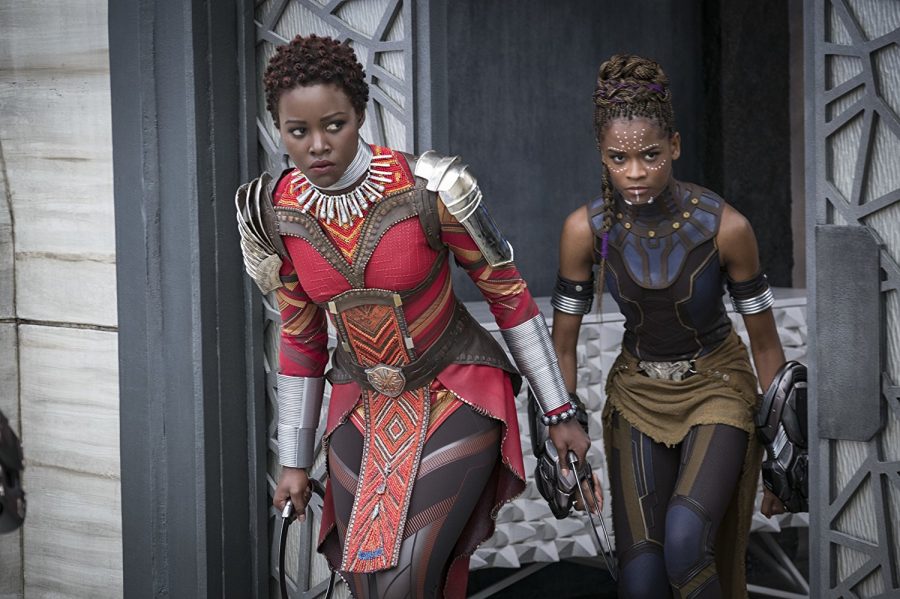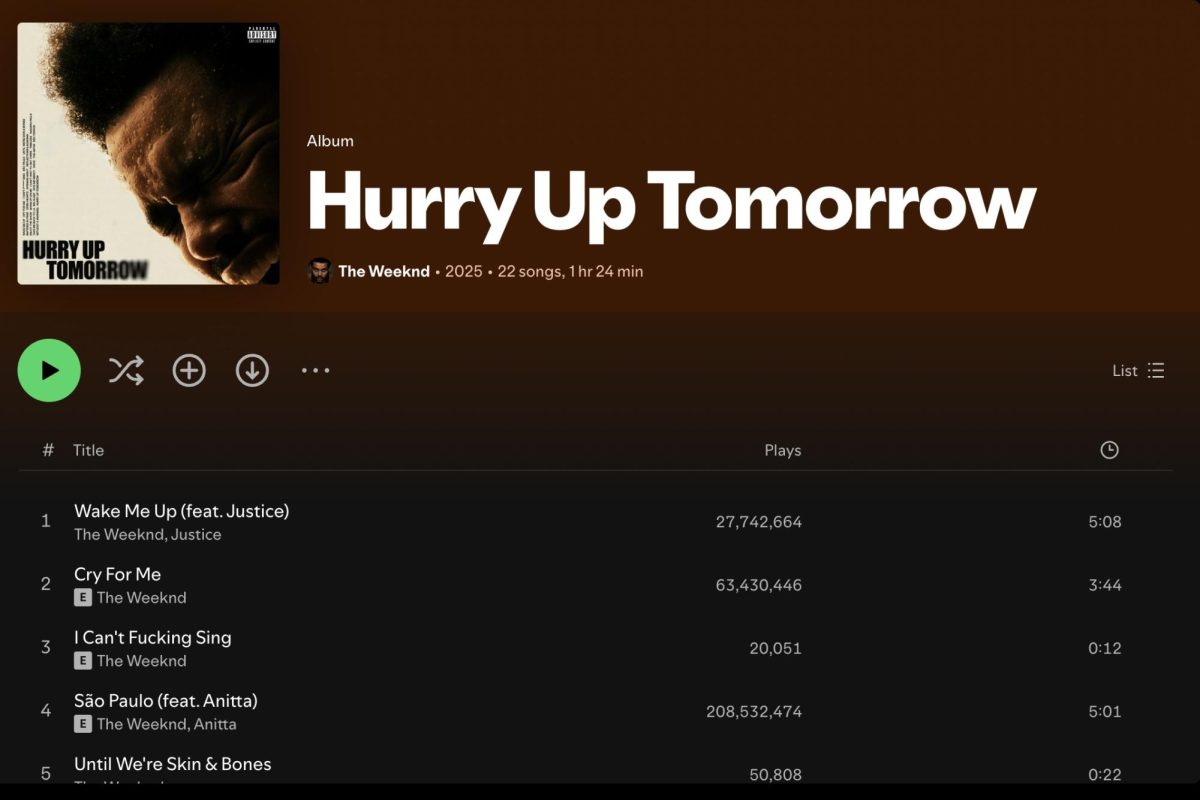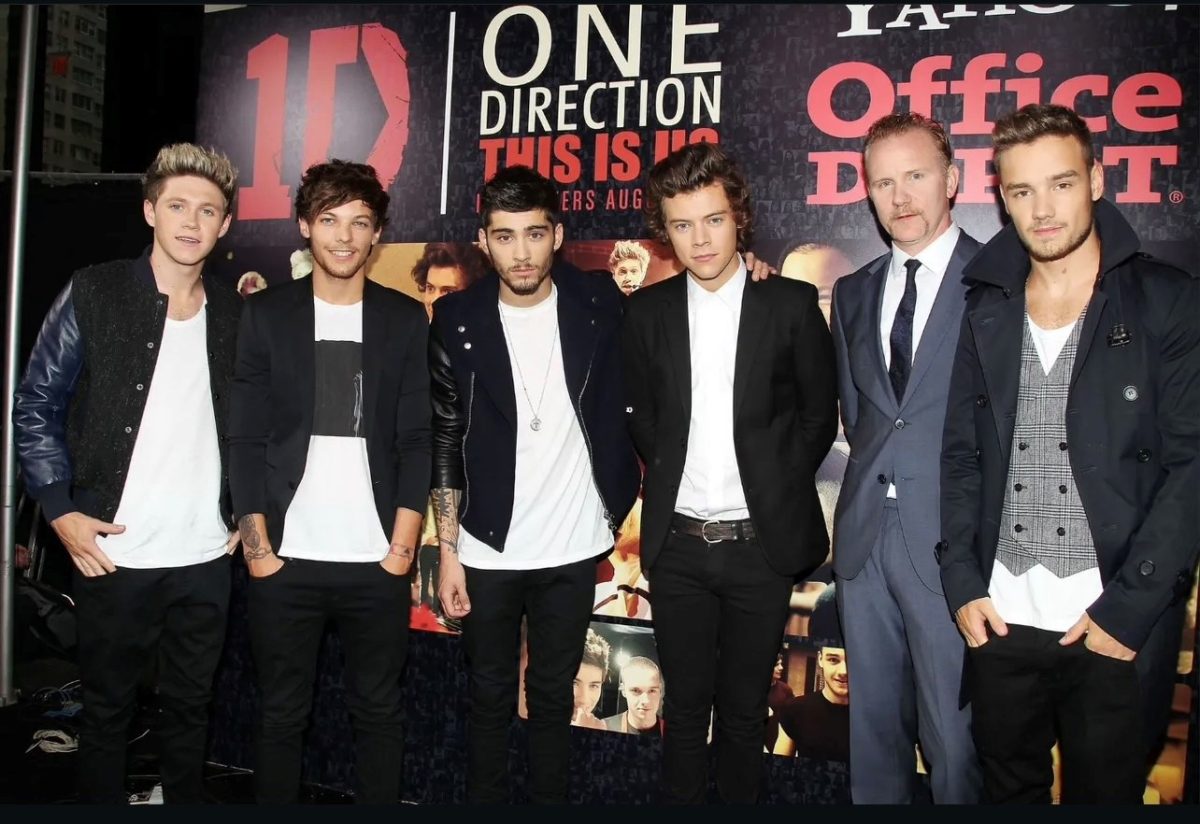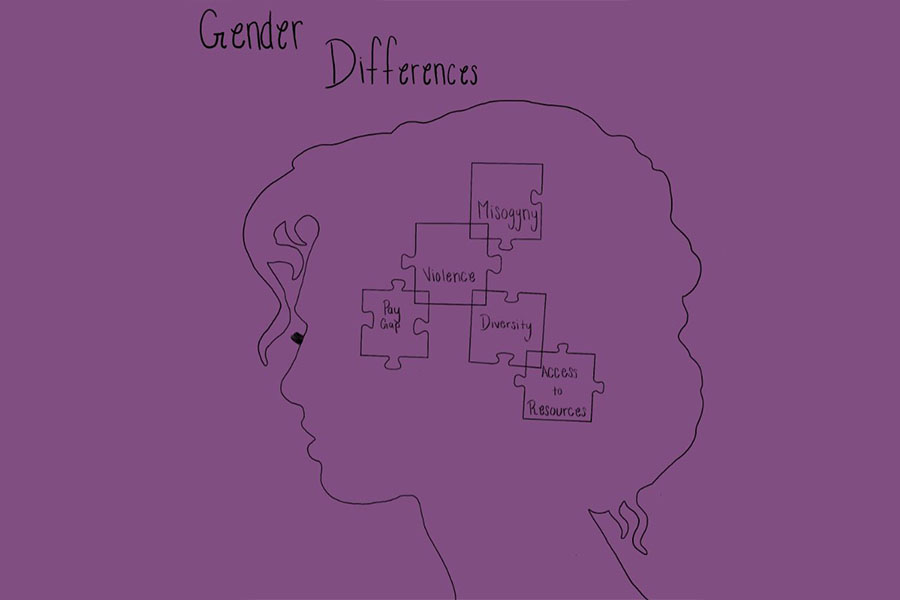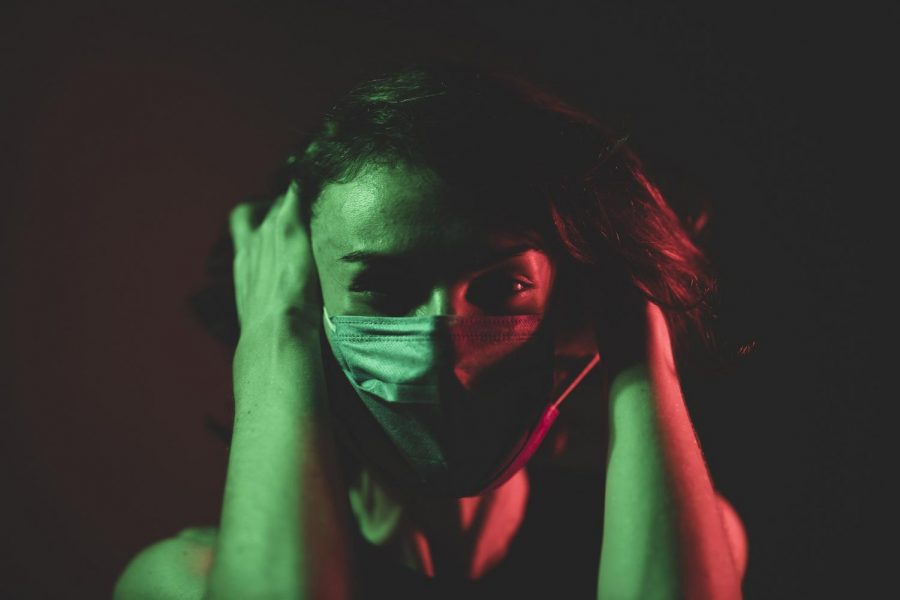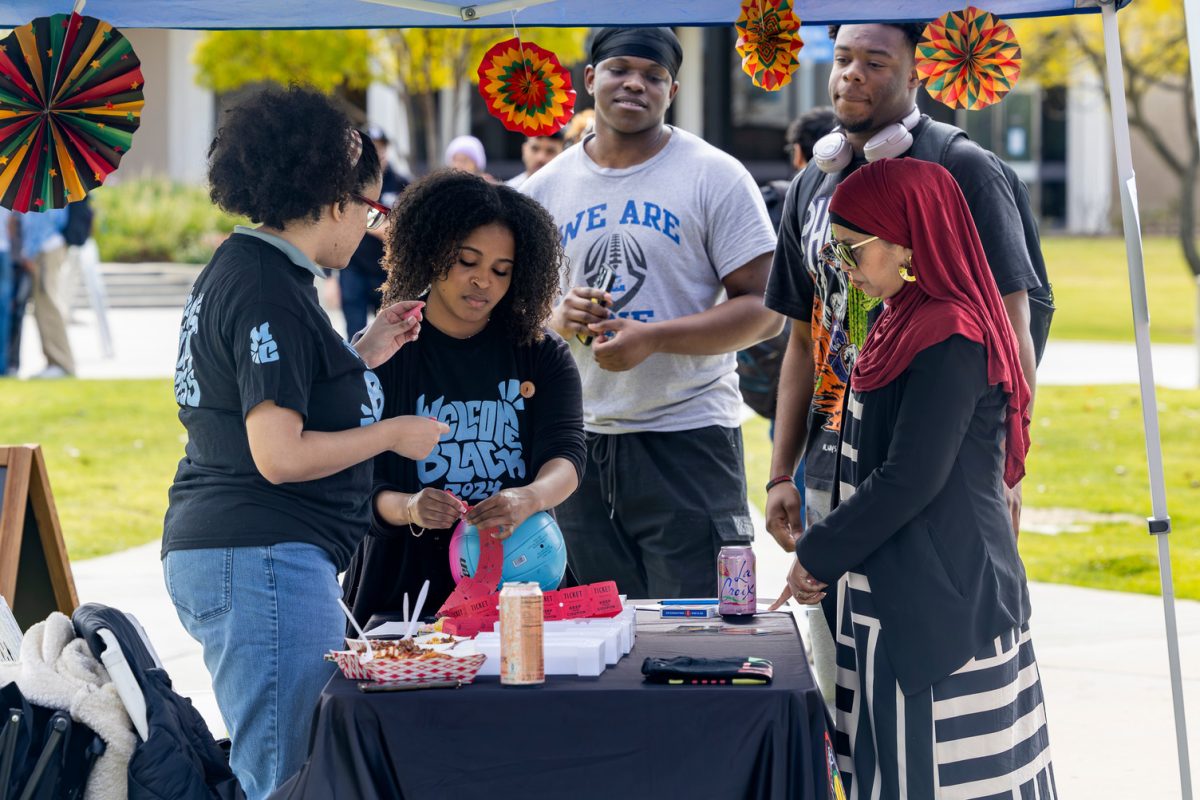“Black Panther” premiered this past February to widespread fanfare and critical acclaim. It is undoubtedly one of the most important films in Hollywood today.
The film represents a number of people through its black cast, director, writers, and strong female leads. Black Panther/T’Challa, played by Chadwick Boseman, is an admirable hero who values honor to Wakanda and to his people, and he is surrounded by tough, smart women who quite literally drive him to success. These characters are what the public and younger generations need to look up to.
The Marvel movie highlights racial and cultural identity in America and in Africa. The Wakandan nation is flourishing through its technology and knowledge, and the high level of devotion that its citizens have toward it is unparalleled to any other nation. Their sense of pride is refreshing, and Black Panther’s newfound willingness to help other struggling areas in the world is nothing short of commendable.
After watching the president of the United States profanely insult other nations, specifically African nations, and not offer proper refuge to those in unfortunate situations, there is proof that racial inequality and ethnocentrism is prevalent in today’s society. In this context, “Black Panther” could not have released at a better time.
This movie celebrates African culture and black culture. According to an article in the New York Times, it does not highlight an experience of black people in contrast to white people, but it very specifically exhibits black communities. Wakanda is a successful, flourishing nation, but the film still displays modern-day Oakland, Calif., where antagonist, Erik Killmonger (Michael B. Jordan), and director, Ryan Coogler, are from. Vox.com notes that Wakanda is symbolic of a lifestyle that has incredible potential and is not trapped in racism, poverty and social barriers while Killmonger’s childhood in the United States shows otherwise. This comparison exemplifies a life that could be.
Nevertheless, African culture is given another feature through the movie’s wardrobe. According to The Atlantic, the film’s costume designer, Ruth Carter, wanted the Wakandan people to be draped in beautiful garments with African influence and a modern twist to pay homage to its technological advances with the coveted metal vibranium. She sought reference in recent African styles from Ghana and South Africa, and she utilized textiles, hand-dyeing and beading.
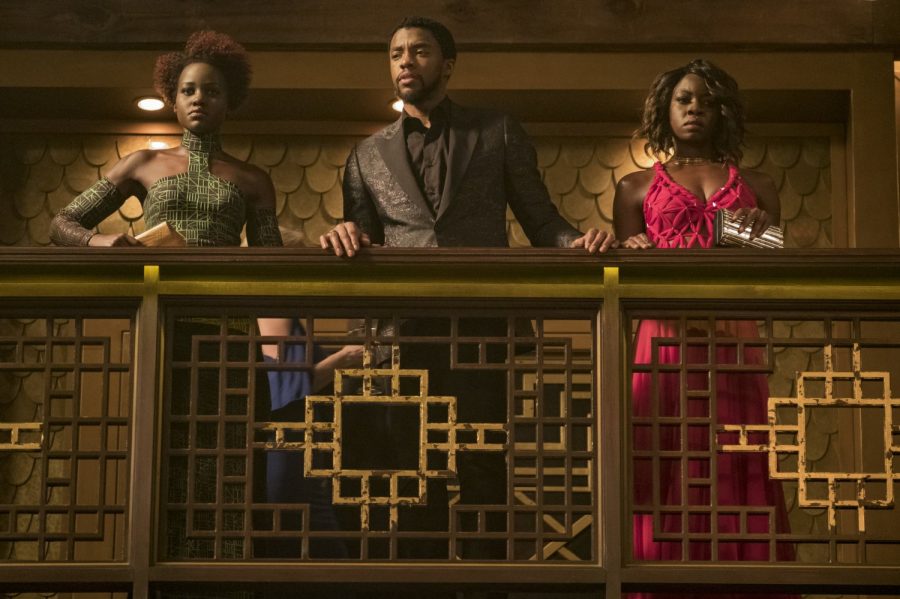
These impressive costumes were paired with even more impressive women, and the men in this movie would most certainly not thrive without the women. The best warriors and protectors in Wakanda were called the Dora Milaje, and they were all women with Okoye, played by Danai Gurira, being labeled as the best fighter of them all. Lupita Nyong’o plays Nakia, a spy for Wakanda and a gifted fighter. Leticia Wright plays T’Challa’s younger teenage sister, Shuri, but her age is by no means a hindrance for her successes.
As a matter of fact, Shuri is a technological genius. She masterfully uses vibranium to build quality of life improvements for her people and create weapons for Black Panther. She also constructed his suit, which absorbs kinetic energy and allows him to absorb blows and hits without a problem. This means that he can strike others with this obtained energy, and this concept is brilliant. Among her abundance of weapons, she also created vibranium cars that she can control and drive from the comfort of her own lab.
Obviously Shuri’s intelligence is unmatched, and she is a perfect role model to young girls. She is a successful woman in technology that they can look up to. According to data aggregated by Observer, the rate of women in computing roles has been descending with its peak being 36 percent in 1991, and women under 25 in the technological industry earn 29 percent less than men. However, approximately 74 percent of of young girls want to be involved in STEM fields and computer science. Shuri can be an inspiration for these girls to continue with these interests and be extraordinary like her.
From the admirable women to the gorgeous portrayal of African and black culture, “Black Panther” proves itself to be racially and socially relevant. While Coogler might not have foreseen the current political climate and the shift of powers in the United States when first starting to direct this film, he managed to successfully create a piece of art with astounding timing.

